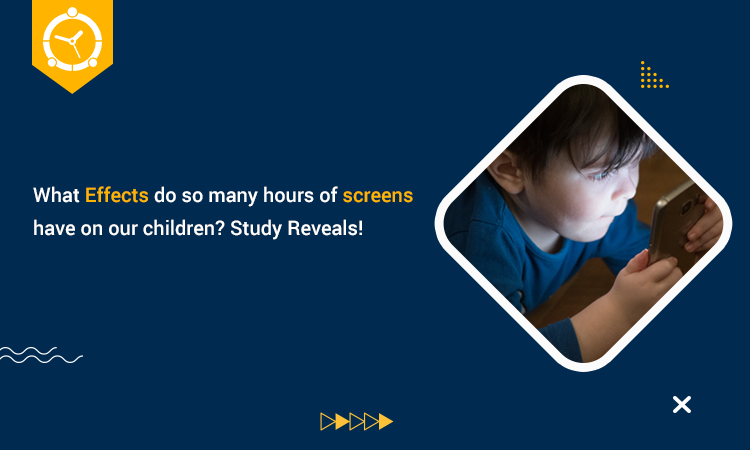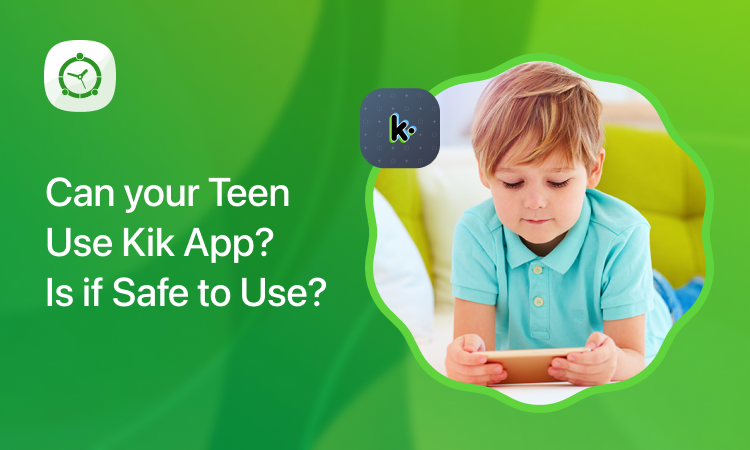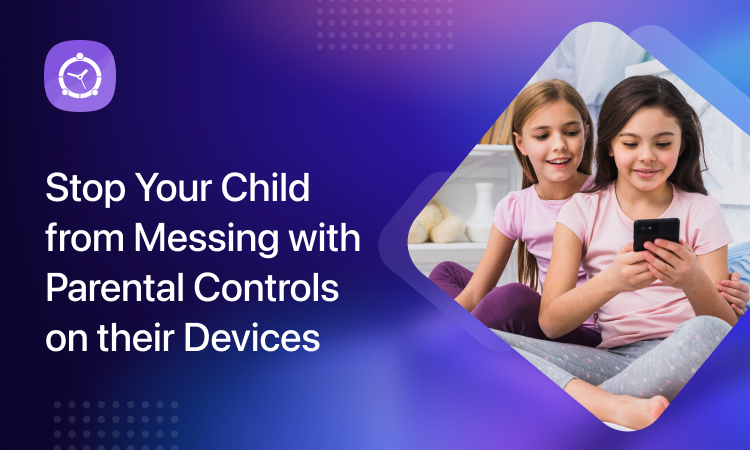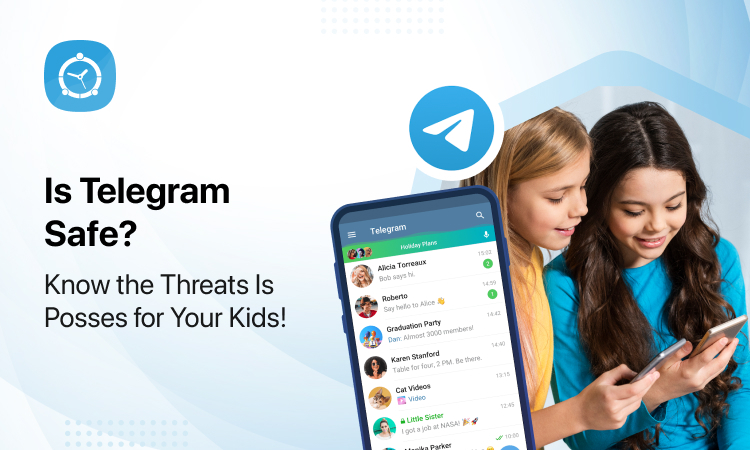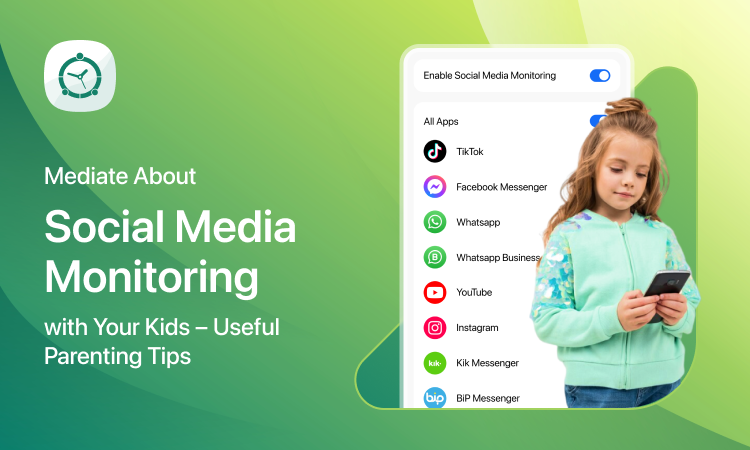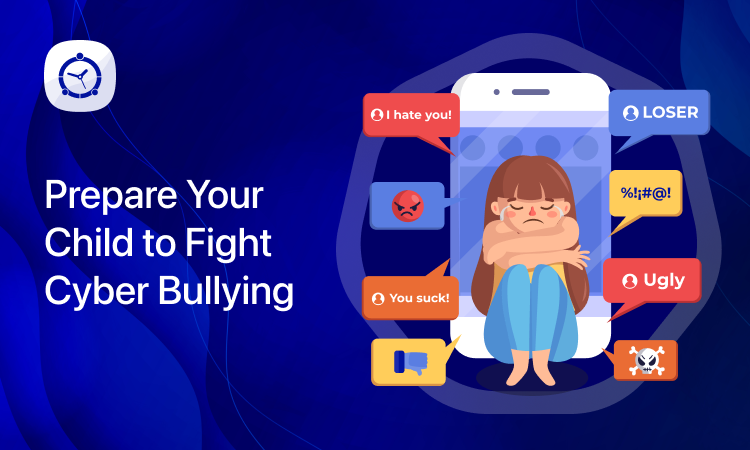In times of coronavirus, screens and electronic devices are for parents’ real lifelines to be able to keep children entertained for a while and thus continue with other tasks or teleworking. It is clear that now is not the time to completely restrict their use to children because the situation we live in is special.
But without a doubt, there must be a certain order when it comes to making devices easily accessible, especially for the little ones. And to take into account the consequences of their abuse, mainly for when all this ends. There are studies that estimate that in the age group of 11 to 14 years, between mobile phones, television, and tablets, children and adolescents can spend between 6 and 9 hours a day in front of a screen.
The research
A new study from the University of California has analyzed the effects of screens on children and published the results in JAMA Pediatrics. The experts assembled a group of 73 children aged between 32 and 47 months and conducted 90-minute sessions at the university to assess their ability to self-regulate. That is, they studied their ability to plan, control, and control their thoughts, feelings, and behaviors. It is a series of important skills that are reflected in academic results, as well as sociability and physical and mental well-being. The researchers asked the children to complete a series of tasks, which included walking slowly along a line and taking turns with the researcher to build a tower with blocks.
The study authors also conducted a type of late gratification test in which children were asked not to open a gift while the researcher was leaving the room for a short period of time. This test, begun in the 1970s, indicated that children who could wait longer for a reward tended to perform better in adulthood. They then compared the results of these tasks with the information provided by parents about the time they spent in front of the screen. The information included the age at which children first saw a screen and how much time they spend per week on a device.
The results showed that children who started using any screened device (including TV, computers, smartphones, and tablets) before had lower self-regulation capabilities. And among similar age groups, those who used it the most also showed worse skills. In this regard, they recommend that parents limit the amount of time their children use these devices.
Surprisingly, the researchers found that exposure to traditional devices, such as television, was not as closely related to self-regulation as mobiles and tablets. This stands true, possibly because they tend to provide more personalized content for children and issue warnings to parents to make them more attentive. Hence, experts recommend parents manage their kids’ screen use. To limit kids’ screen time, parents can use parental apps such as FamilyTime. With the app, you can apply different limits for different child profiles and keep their devices locked when it is time to focus on other activities.
Did you like this article? Let us know in the comment section given below, and stay tuned in for more information.

